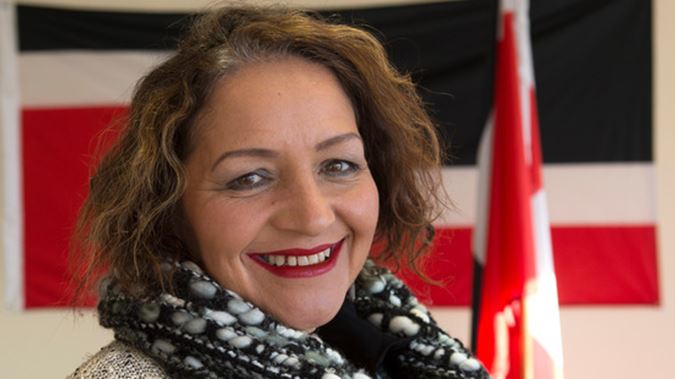Update: 7:19am – An internship visa that would require migrants with special skills to train young people in the regions is to be announced by the Maori Party today.
The package is part of the party’s new policy on immigration, which until now has been solely a bid to have a crash course on Te Tiriti o Waitangi – the Treaty – added to the requirements for citizenship.
The Community Internship Scheme would see migrants work for two years as builders, doctors, beekeepers, plumbers or in other skilled work, depending on their qualifications or the needs of regions. The regions targeted would be identified as “Economic Hotspots” – areas experiencing an economic, population or income decline.
The internship would be unpaid, but the migrant would receive Government help getting the licensing and training necessary to work in New Zealand. The local community would provide accommodation and meals. It would also contribute to the current visa points system for residency.

Migrant Wetex Kang, the Maori Party’s Botany candidate, helped write the policy. He said people who wanted to come to New Zealand would apply for the internships through the Immigration New Zealand website.
“They will go to a region, live there with a family, and work for two years,” he said. “In those two years they will transfer their skills to local people, and then when they leave, those people they’ve trained will carry on that job.”
He said it would serve two purposes: first, to create a job programme for youth, where they would learn skills and get a pathway to work. That would result in crime coming down and local economies going up.
Secondly, it would spread the immigrants coming to New Zealand outside of the main centres, so skilled migrants were putting their degrees to good use “and not driving a taxi or an Uber around Auckland”.
Kang also pointed to Maori development opportunities, saying that when migrants live with a family in the regions, they’ll learn that way of life.
He said that would ultimately make them better New Zealand citizens if they chose to follow that pathway down the track.
Once implemented, Kang estimates thousands would be interested in the programme.
Co-leader Marama Fox says the central point for their party’s policy is manaakitanga – which translates to hospitality.
“When migrants come to New Zealand they love Maori culture” she said. “Every migrant I’ve ever talked to . . . every new family, they enjoy it, and want their kids to understand it.
“Yes, it’s a big election issue, but for us it’s about putting our line in the sand and saying this is the way we think as Maori, and according to our tikanga, people should be respected.”
Fox said it would give migrants the opportunity to start the process towards making New Zealand their home – but it would also give New Zealanders a sense of security, that here were people willing to do the time in the regions and support growth and development in those areas.
“It’s a win-win,” she said. “We’re interested in migration where it supports local people to have equal benefit from having migrants in their community.”
The Maori Party would also reintroduce the ability for new skilled migrants to bring family with them, because they believe it’s inhumane and goes against their kaupapa not to allow people to have their loved ones around them in their new home.
The National Government tightened the rules for migrants hoping to bring their parents to New Zealand last year, because of the increasing costs to the country in healthcare.
The Maori Party would allow the parents of migrants to come to New Zealand on condition they get medical insurance cover for their first 10 years here, and have them sign a waiver to agree not to apply for any welfare benefits.
They’d also encourage the families of migrants to live in those “economic hotspot” areas identified under the Community Internship Scheme.
The head of the Maori Party’s policy unit, Tu Williams, said the immigration policy was “part and parcel of them broadening their focus” as New Zealand’s population changed as a consequence of increasing immigration.
“It’s a change in our population that’s positive, but we do have to keep a close watch on it,” he said.
“As the tangata whenua of Aotearoa New Zealand, we need to be taking more of a lead role in how immigration is addressed and dealt with.”
–NewstalkZB




























